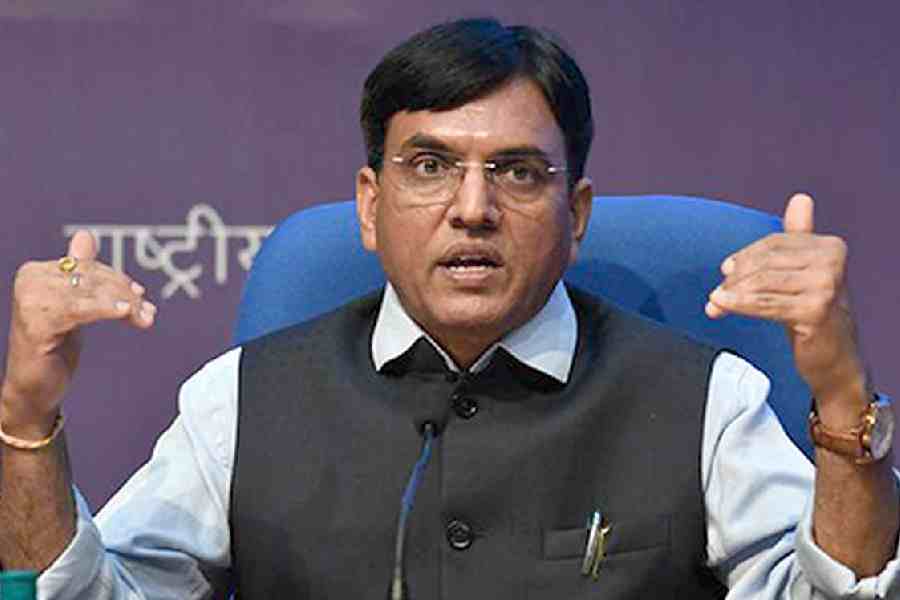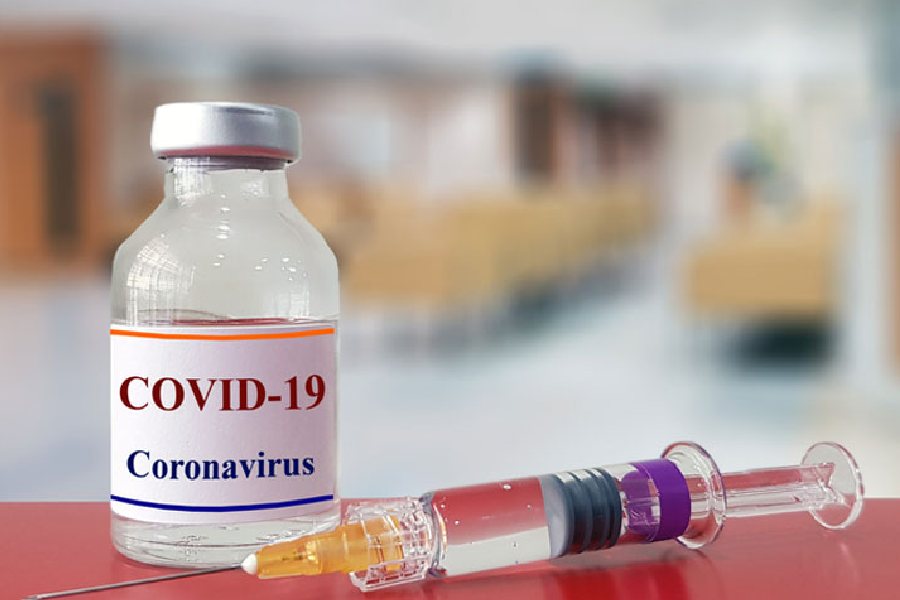The Centre on Tuesday said it would soon “make compulsory” the rules for good manufacturing practices (GMP) for pharmaceutical micro, small and medium enterprises (MSME), baffling members of the industry who say the rules have been mandatory since 2005.
“Schedule M shall be compulsory for the MSME pharma sector in a phased manner,” Union health minister Mansukh Mandaviya, who also holds the portfolio of pharmaceuticals, said in a meeting with MSME executives. The decision, Mandaviya also said, “will help in quality assurance".
Schedule M, notified in 2001 and mandatory since 2005, specifies sets of rules for GMP relating to the equipment, infrastructure, premises, environmental safety and health, production and operations, and quality control for pharmaceutical products.
The decision appears to reflect an acknowledgment from the government that sections of the drug industry have not yet adopted Schedule M, and that regulatory authorities have not enforced it, pharma industry executives familiar with the rules said.
“These rules have been compulsory since 2005. The statement made on Tuesday probably means they have not implemented it strictly,” said Sourirajan Srinivasan, a former managing trustee with Low Cost Standard Therapeutics, a Baroda-based drug manufacturing firm.
Queries from this newspaper to the health ministry and to the Central Drugs Standard Control Organisation, the apex drug regulatory authority, asking what the government meant by stating it would “make compulsory” the rules mandated in 2005 have not brought replies.
Mandaviya, during his meeting with industry executives, underscored the need for India to maintain its status as a large pharmaceutical supplier to the world and asserted that the government would have “zero tolerance” towards manufacturers not adhering to quality compliance.
Alerts from the Gambia and Uzbekistan about contaminated Indian-made cough syrups last year and from the US about contaminated eye drops from an Indian firm earlier this year have amplified concerns about the lack of adequate oversight by drug regulatory authorities in India.
The message from the minister to the pharma MSME representatives on Tuesday appeared to be to self-regulate and adopt Schedule M, a top drug industry executive who attended the meeting said.
“The message to the industry appeared to be — ‘there is a small window of opportunity, make use of it, we don’t want to close you down,’” Viranchi Shah, national president of the Indian Drug Manufacturers Association (IDMA), told The Telegraph.
Shah said the ministry had also indicated to the IDMA that the association should “handhold” its member firms that might require technical assistance in adhering to the Schedule M provisions. The IDMA has in the past helped firms upgrade from Schedule M to WHO-compliant GMP rules.
“While India continues to supply affordable quality medicines to the world, a small section needs a little more handholding to adopt best practices,” he said.
Experts familiar with the drug industry say that adherence to Schedule M is likely to cost the firms a good amount of money. “Depending on how much a firm has already adopted and how much is yet to be adhered to, the cost could run into a few crores,” said Srinivasan.
A member of the All India Drug Action Network, a group of physicians and health activists, said the announcement of the decision to impose Schedule M in a phased manner in 2023 exposes the laxity of drug regulatory authorities for 18 years.
Since March this year, Mandaviya said, drug regulatory authorities had inspected 137 plants, stopped production in 31 firms, cancelled or suspended the production licenses of 50 firms, sent showcause notices to 73 firms and warning letters to 21 firms.
The World Health Organisation had in January this year issued an “urgent call” to prevent and respond to substandard drugs, citing the contaminated cough syrups detected in Gambia and Uzbekistan.











